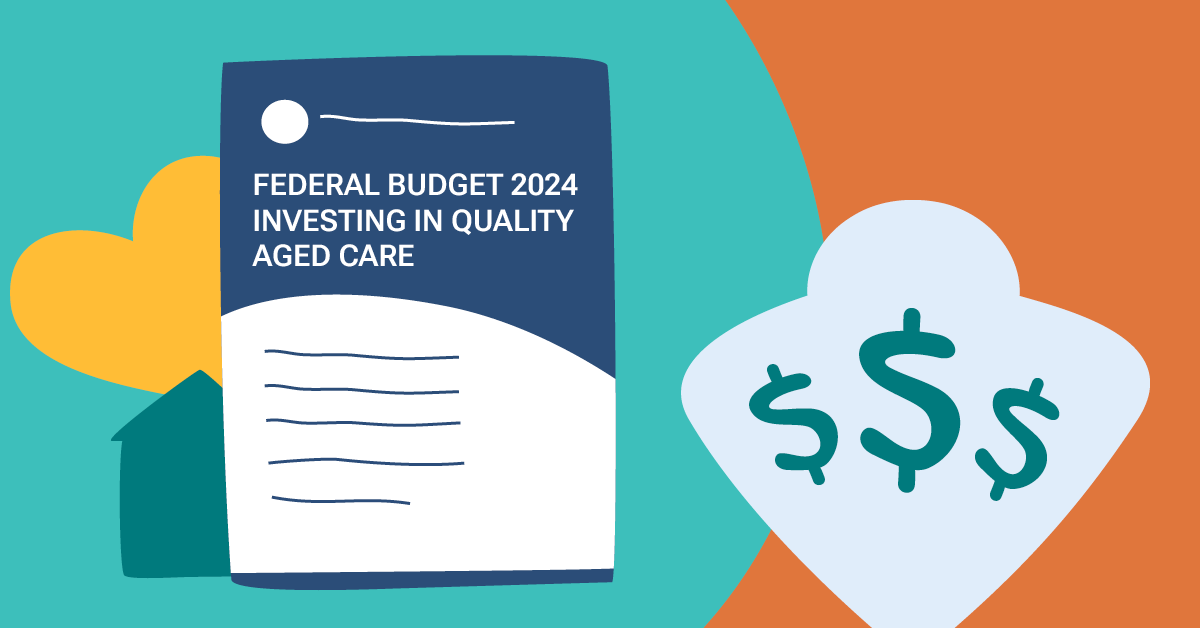Federal budget 2024: Key investments to improve aged care quality
16 May 2024

Here are some important updates from the recent Federal Budget 2024 that will directly improve Australia's aged care quality. Here's what you need to know:
Updates regarding Home Care Packages
- The government is investing $531.4 million to add 24,100 new Home Care Packages, reducing wait times to 6 months. This initiative is part of the rollout of the Single Assessment System, commencing on July 1, 2024.
- $88.4 million was allocated to expand the aged care workforce in rural areas, tackling critical shortages.
Aged care reform investments
- $111 million commitment to support ongoing aged care reforms, including strengthening the Aged Care Quality and Safety Commission. $1.4 billion for significant technology infrastructure upgrades.
- Launch of the new Support at Home Program.
- The new Aged Care Act is to commence on 1 July 2025.
Supporting older Australians post-hospitalisation
- A $1.2 billion funding package will upskill the residential aged care workforce, provide hospital outreach services in the community, virtual care services, and manage complex care needs outside of hospitals.
- Additionally, $190 million will assist older Australians in recovering post-hospitalisation through extended support via the Transition Care Programme.
Better medical services
- Over the next five years, $318 million will be invested to keep medicines cheaper, with up to a five-year freeze on the cost of PBS prescriptions for pensioners.
- Starting 1 August 2024, aged care residents will benefit from more consistent care through a new incentive program for GPs, which includes quarterly payments on top of Medicare rebates for managing MyMedicare registered residents.
Improved dementia care
- An investment of $101.4 million will focus on improving services and support for individuals living with complex care needs, including dementia.

